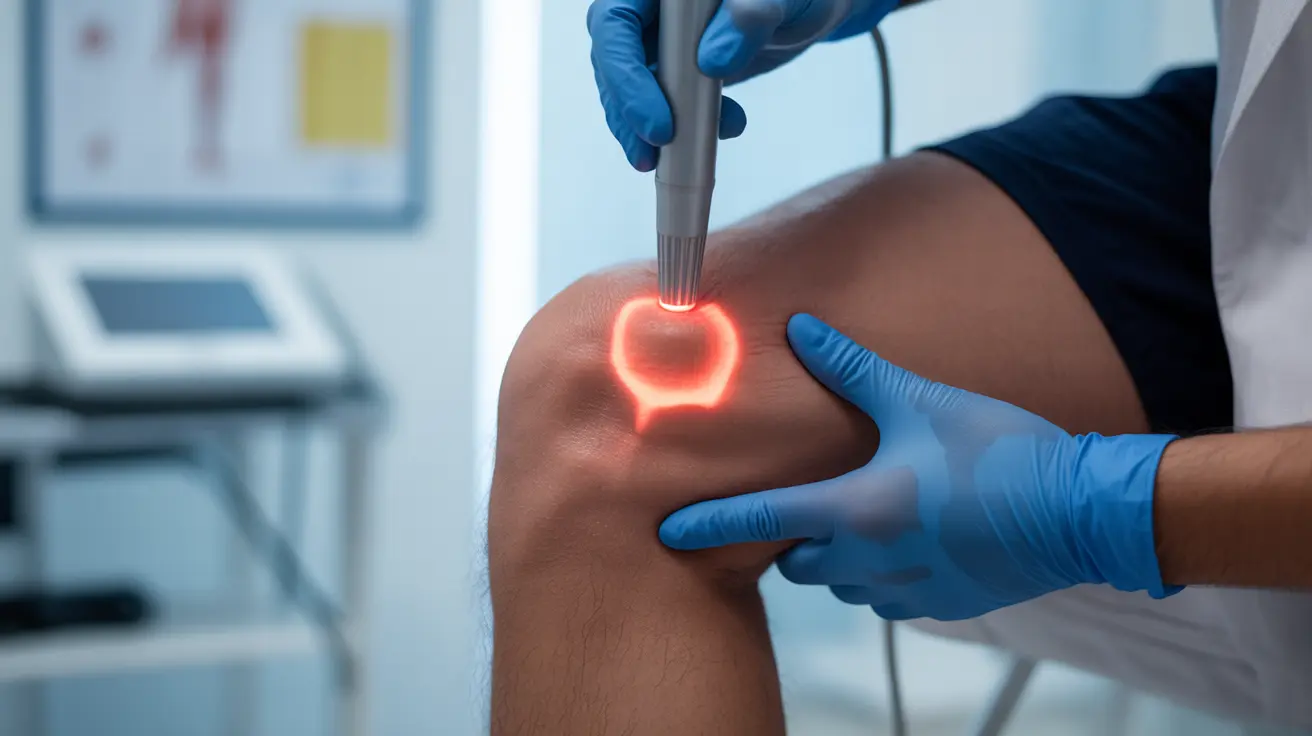GetLabTest News
Symptom Analysis
Interpreting Test Results
Diseases & Symptoms
Health Queries Answered
All
Latest
Does a Heating Pad Help with Menstrual Cramps? A Complete Guide
Explore how heating pads provide relief from menstrual cramps and learn the best practices for their effective use.

Discover how cold laser therapy can relieve knee pain, enhance joint function, and offer a non-invasive treatment option.
Diseases & Symptoms
min read

Explore methionine benefits like supporting liver health and cellular repair. Discover dietary sources and more.
Diseases & Symptoms
min read

Discover how to manage cinnamon allergy symptoms with diagnosis and effective treatment strategies.
Diseases & Symptoms
min read

Discover ways to naturally reverse insulin resistance with lifestyle changes and dietary adjustments.
Diseases & Symptoms
min read
